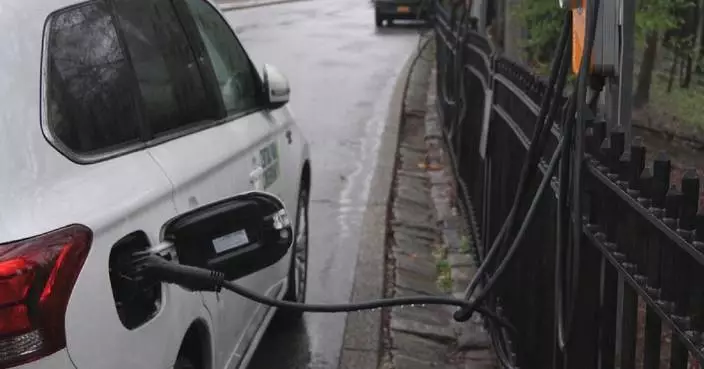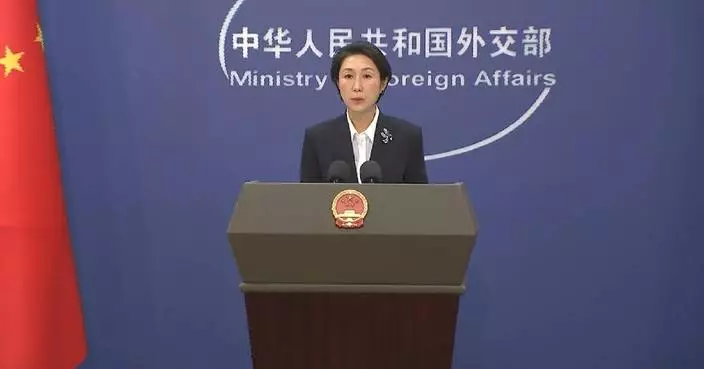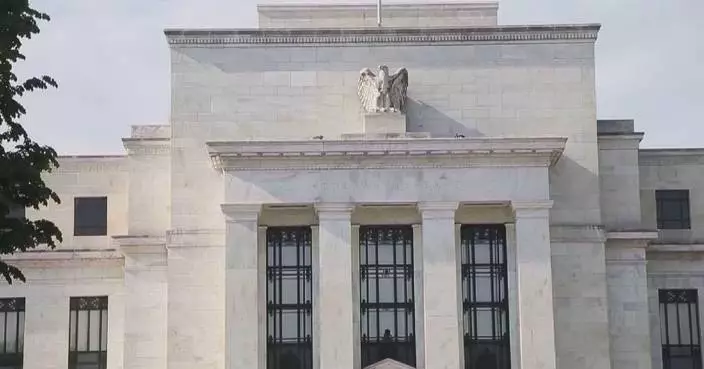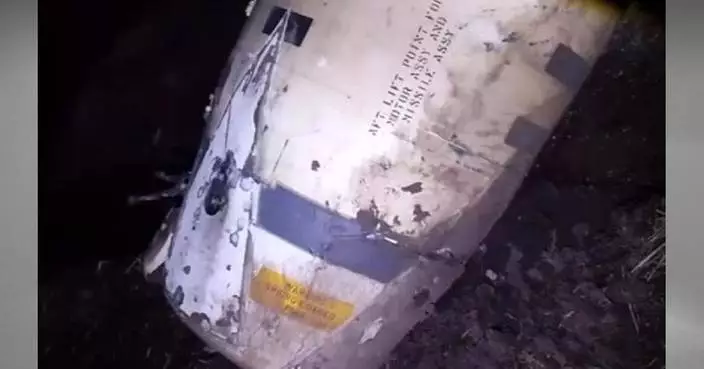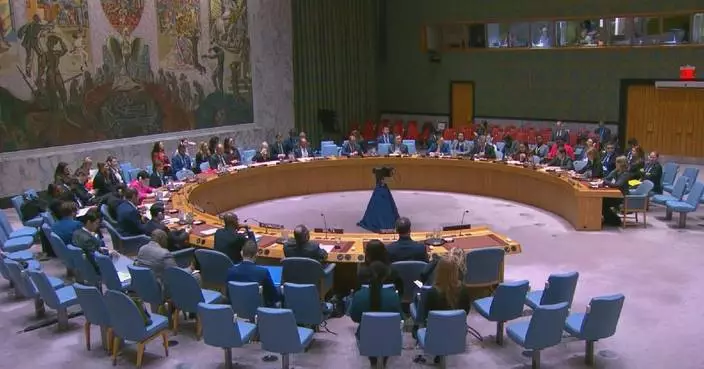A ceasefire agreement between Israel and Lebanon's Hezbollah officially came into effect at 04:00 local time on Wednesday. However, uncertainty looms over the agreement's implementation, with many viewing it as a tentative truce rather than a durable peace.
In the hours leading up to the ceasefire, Israeli forces launched one of the most intense assaults on downtown Beirut and its southern suburbs, since the conflict began. Ground operations in southern Lebanon also continued, as Israel aimed to maximize its strategic gains before the truce.
In retaliation, Hezbollah fired approximately 20 rockets into Israel late Tuesday, further escalating tensions.
Despite these clashes, no new confrontations have been reported since the ceasefire took effect. However, the Israeli military released a statement announcing that its forces would remain stationed in southern Lebanon and stay on high alert. The statement also warned displaced residents against returning to the area until further notice.
Nevertheless, Lebanese media reported heavy traffic on roads leading to the south, indicating that many residents have already begun returning to their homes.
According to reports from Israeli media, the ceasefire stipulates that the Lebanese government forces will quickly deploy in southern Lebanon and carry out operations with the United Nations Interim Force in Lebanon (UNIFIL) within the framework of UN Security Council Resolution 1701. The Israeli military will gradually withdraw from southern Lebanon within the 60-day ceasefire period once Lebanese forces are fully deployed.
Both sides have claimed the ceasefire as a victory. Israeli Prime Minister Benjamin Netanyahu said on Tuesday that the Israeli military had achieved significant successes during its operations, reaffirming Israel's right to strike threats within Lebanon as necessary.
Meanwhile, a senior Hezbollah official asserted that Israel's ground operations in southern Lebanon had failed, emphasizing that Hezbollah continues to maintain a strong presence across the country, including in the south.
Doubts about the agreement's durability persist on both sides. An Israeli regional leader from the north said after meeting with Netanyahu and other officials that the next round of conflict could either be far off or arrive imminently. The Israeli government has yet to allow residents of northern Israel to return to their homes.
On the Lebanese side, a Hezbollah official rejected Israel's assertion of retaining the freedom to conduct military strikes, calling it unacceptable and reiterating the group's commitment to resistance.
As both sides prepare for the next steps, the world remains watchful, awaiting signs of whether this fragile ceasefire can endure or if renewed hostilities will once again disrupt the already volatile region.
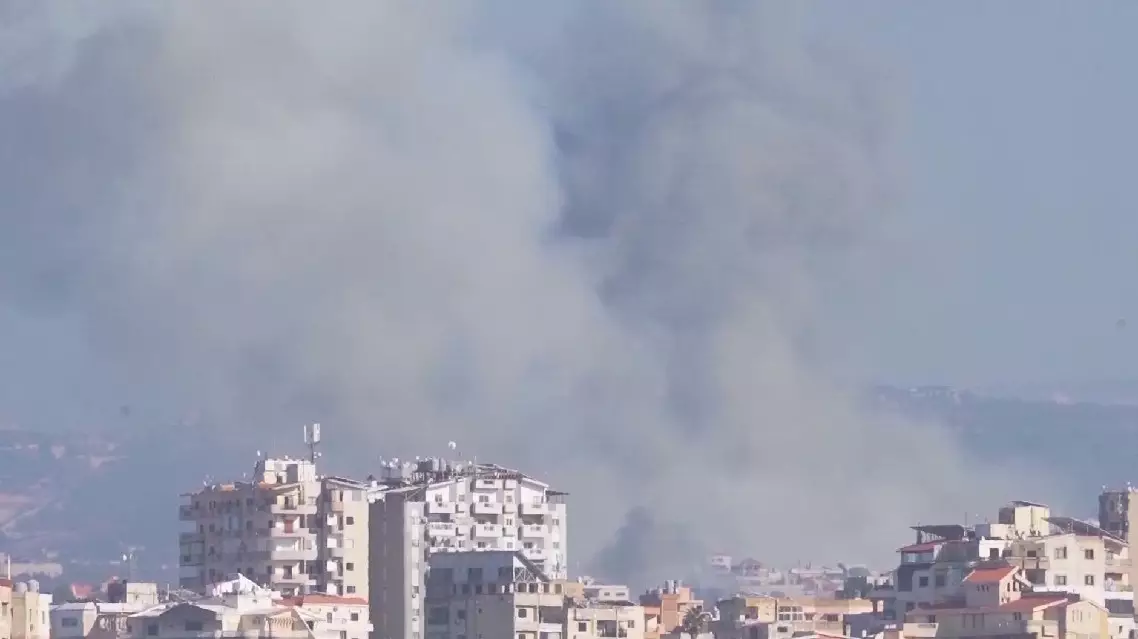
Uncertainty looms over ceasefire deal between Israel, Lebanon's Hezbollah





